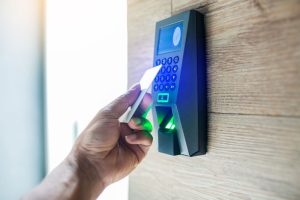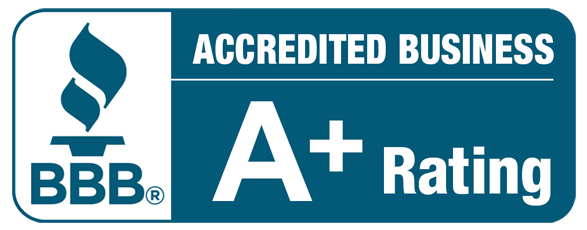Things to Know About Access Control
Access control is a fundamental component of information security, designed to protect resources by regulating who or what can view, use, or modify data within a system. MMJ Eletric provides access control in Pompano Beach, Deerfield Beach, Coconut Creek, Margate, Coral Springs and surrounding areas.
These are some key aspects to understand:
- Types of Access Control: The primary models include Discretionary Access Control (DAC), Mandatory Access Control (MAC), Role-Based Access Control (RBAC), and Attribute-Based Access Control (ABAC).
DAC allows the data owner to set access permissions, offering flexibility but often less security.
MAC is stricter, with the system enforcing access policies based on data classification and user clearance levels.
RBAC assigns access rights based on user roles within an organization, which simplifies management in large organizations.
ABAC provides a dynamic approach, granting access based on attributes (e.g., time, location, or device) rather than roles alone.
- Principle of Least Privilege (PoLP): This principle states that users should have the minimum level of access required to perform their job functions. PoLP minimizes the risk of unauthorized access, reducing the potential damage if credentials are compromised.
- Authentication and Authorization: Authentication verifies user identity, while authorization determines their access rights. Common methods for authentication include passwords, biometrics, and multi-factor authentication (MFA), which combines multiple verification methods for higher security.
- Access Control Policies and Permissions: Access control policies define the conditions under which access is granted or denied. Permissions specify what actions a user can perform on resources, such as reading, writing, or executing.
- Auditing and Monitoring: Effective access control systems incorporate logging and monitoring to detect and respond to suspicious activity. Regular audits ensure compliance with security policies and help identify potential weaknesses.
- Compliance and Standards: Many industries have strict regulatory requirements for access control, such as HIPAA in healthcare, which mandates secure access to sensitive patient information. Implementing robust access control measures ensures compliance and reduces the risk of data breaches.
In summary, access control is vital to securing systems and data, relying on structured policies, authentication mechanisms, and ongoing monitoring to balance security and usability effectively. If you need assistance, we’re just a phone call away.

